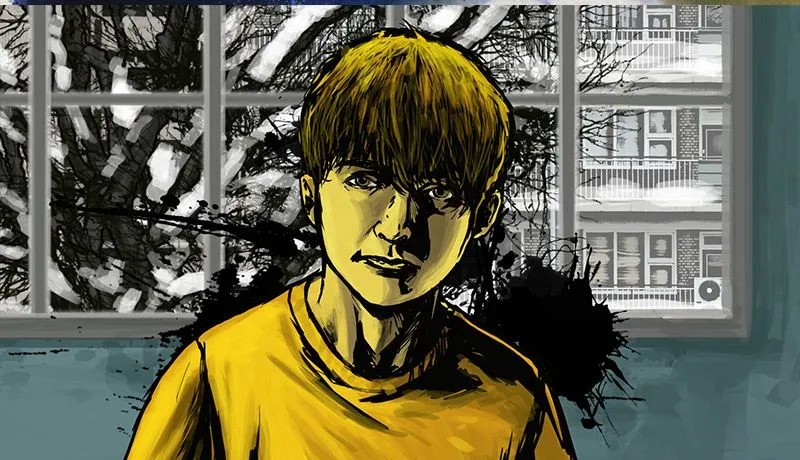3 minutes - Article
Having your own doctor is very important as you transition to adulthood.
Ashlee Homewood is a caseworker in Calgary and she encourages all youth to have their own family doctor. Having your own doctor means you get to see the same person for each visit.
“A family doctor is kind of like a parent for your health. And they become the person who knows all the tests you've had, all the sicknesses you've had and what medications you've taken. They know which ones have worked, which ones haven't, and so they are the holder of all of that knowledge.”
Don't walk in!
Although it might be easier to just go to a walk-in clinic or Medicentre, that often isn’t the best choice for your health.
“You go to a walk-in clinic, they might not know anything at all. They might access some of information about you in their system, but they might not look at it and they might not understand. They don't know you from a thousand other patients they might see in a month!” says Ashlee.
Get referral letters when you need them
Having the same doctor each time means that they get to know every little thing about you - from your infected toenail to your medication or any struggles with depression. You can also choose if you want a female or male doctor or if you need one who speaks a specific language. Having the same doctor also helps when you need referrals or letters.
“Lots of our youth need referral letters from their doctor. And so for our young adults who don't have a family doctor, a doctor from a Medicentre might not fill out those forms. So, for example, if you're applying for AISH, someone from the government would say, well, you need a letter from your doctor that explains what's going on.”
The right doctor for you
If you are looking for a doctor, find one close to you and who you feel comfortable with. As well, if you are a sexual and gender diverse youth, you can request a sexual and gender diverse affirming doctor and/or “sex positive” doctor. Talk to your caseworker or an adult support person you trust if you want help finding the right family doctor for you.
